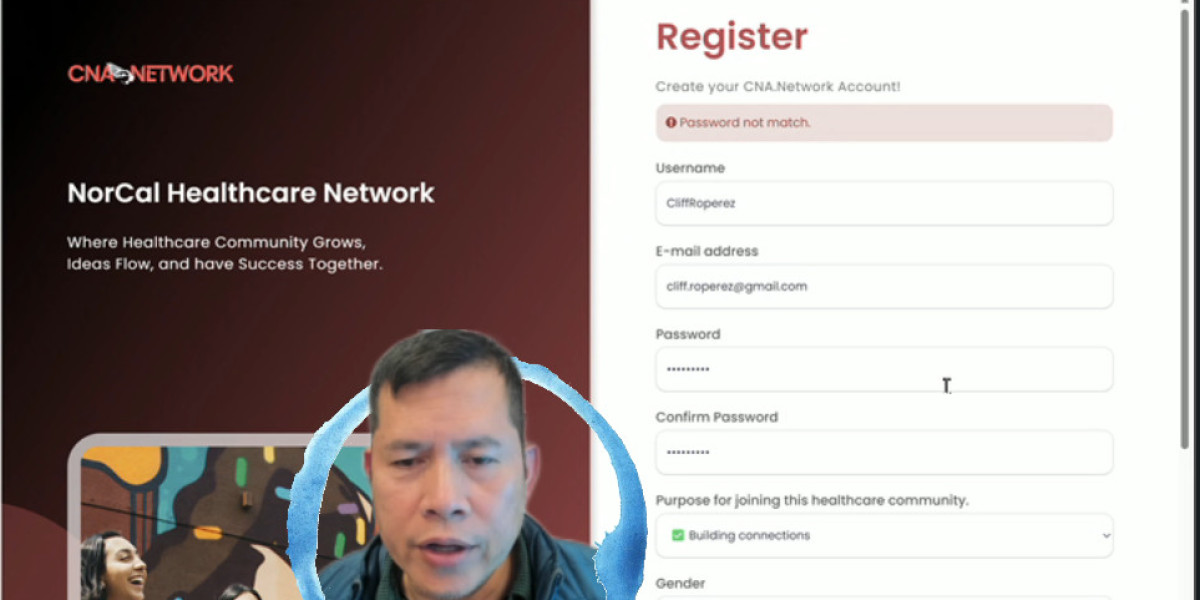Understanding Mental Health Questionnaires: A Comprehensive Guide
Mental health is an essential part of total well-being, affecting how people think, feel, and behave in day-to-day life. As society progressively acknowledges the value of mental health, different tools and questionnaires have actually emerged to assist people examine their mental wellness. This short article will provide an extensive understanding of mental health questionnaires, their types, applications, benefits, and the science behind them.
What is a Mental Health Questionnaire?
A mental health questionnaire is a standardized set of questions developed to examine a person's psychological wellness, symptoms of mental health conditions, or overall emotional state. These questionnaires can be utilized by healthcare specialists, counselors, and people for self-assessment. They typically cover different aspects of mental health, including state of mind, anxiety, tension levels, and behavioral patterns.
Types of Mental Health Questionnaires
Mental health questionnaires can be found in different formats and serve different functions. Below are some of the most commonly used types:
1. Screening Tools
- Beck Depression Inventory (BDI): Measures the seriousness of depressive signs.
- Generalized Anxiety Disorder 7 (GAD-7): Assesses generalized anxiety disorder symptoms.
- PHQ-9 (Patient Health Questionnaire-9): Used to evaluate for depression and monitor treatment.
2. Diagnostic Tools
- Mini International Neuropsychiatric Interview (MINI): A structured diagnostic tool for DSM and ICD mental illness.
- Structured Clinical Interview for DSM-5 (SCID-5): A comprehensive interview tool for detecting mental health disorders.
3. Self-Report Inventories
- Symptom Checklist-90-Revised (SCL-90-R): Assesses a broad series of psychological signs.
- Millon Clinical Multiaxial Inventory (MCMI): Focuses on personality disorders and clinical syndromes.
4. Lifestyle Assessments
- World Health Organization Quality of Life (WHOQOL): Measures quality of life across physical and mental health measurements.
- Complete Satisfaction With Life Scale (SWLS): Evaluates a person's overall satisfaction with life.
| Type | Common Tools | Function |
|---|---|---|
| Screening Tools | BDI, GAD-7 | To recognize symptoms |
| Diagnostic Tools | MINI, SCID-5 | For proper diagnosis |
| Self-Report Inventories | SCL-90-R, MCMI | To evaluate psychological signs |
| Lifestyle Assessments | WHOQOL, SWLS | To assess overall well-being |
The Importance of Mental Health Questionnaires
Mental health questionnaires serve essential functions in mental health promo, avoidance, and treatment:
Early Detection: They help in identifying mental health concerns at an early phase, allowing prompt intervention.
Directing Treatment: Mental health experts use these tools to establish personalized treatment plans based upon the person's specific requirements.
Monitoring Progress: Regular use of mental health questionnaires allows individuals and professionals to track progress over time, thereby adjusting treatment as essential.
Increasing Awareness: Self-assessment can encourage individuals to look for assistance and engage in conversations about mental health.
How to Use Mental Health Questionnaires Effectively
To utilize mental health questionnaires efficiently, people ought to think about the following steps:
Choose the Right Questionnaire: Select a tool that fits your specific needs-- whether it's for screening, diagnosis, or monitoring.
Be Honest: Answer questions truthfully to get an accurate understanding of your mental health.
Consult a Professional: If a questionnaire shows possible mental health issues, consult a qualified mental health specialist for more evaluation and treatment.
Regular Check-Ins: Use questionnaires regularly to examine modifications in your mental health and make modifications in your approach to self-care or treatment.
FAQs About Mental Health Questionnaires
Q: Are mental health questionnaires mandatory for therapy?A: No, they
are not compulsory. However, they can boost the restorative process by providing insights into your frame of mind.
Q: How private is the details offered in a mental health questionnaire?A: Mental health experts are bound by privacy laws. However, always ask the expert about their privacy policy. Q: Is it regular to feel distressed about taking a mental health questionnaire (breaking news)?A: Yes, it's common to feel distressed, especially if you're concerned about your mental health. Keep in mind that these tools are designed to help, not to judge. Q: Can I take a mental health questionnaire online?A: Many respectable organizations use online questionnaires, however make sure that you select verified tools and seek advice from experts By assisting early detection, treatment, and monitoring of mental health problems, they play an important function in the mental health landscape. As individuals end up being more aware of their mental health, using these questionnaires effectively can lead to much better outcomes and add to a much healthier society in general. In an increasingly complicated world, focusing on mental health through informed self-assessment and professional guidance is crucial. By integrating mental health questionnaires into everyday life, we can take significant steps towards fostering not just specific wellness but likewise a helpful neighborhood for mental health awareness.
if needed. Mental health questionnaires are important tools that can significantly boost understanding and promote mental wellness.








